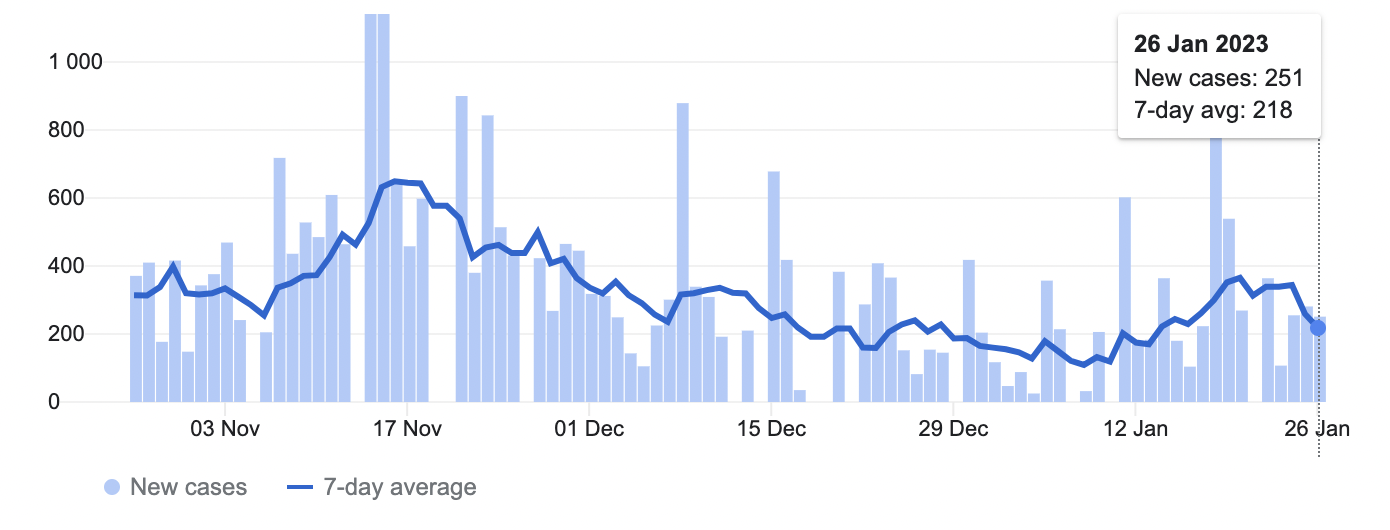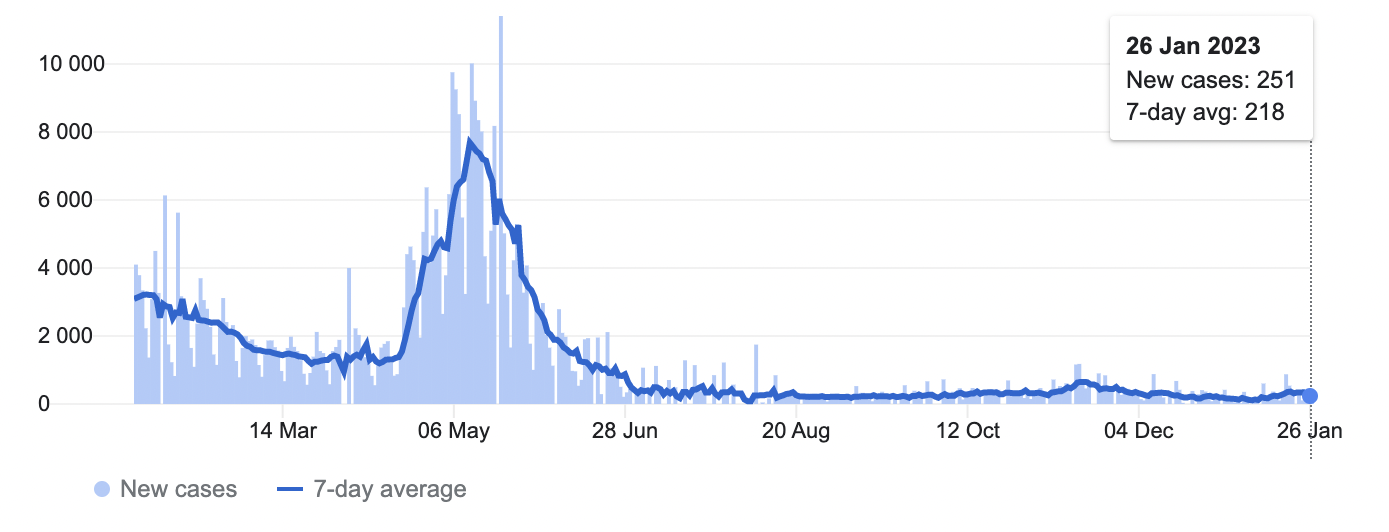“There’s no going back to 2019,” an infectious disease researcher at Stanford told Wired magazine towards the end of last year.
Taking into account the obvious and extensive damage to human lives caused by the virus, he was also referring to the likelihood that variants of the Covid-19 virus will be with us in future for a very long time, possibly forever.
Those that have researched these things say the likely outcome may be a social adaptation on our part where what was once cause for panic during the pandemic will become routine over time, much like we deal with the flu. A pandemic is over when we say it is, in other words, which raises a few interesting issues around vaccination efforts and the ongoing handling of vaccines.

Are we still in a pandemic?
It’s difficult to say when exactly a pandemic begins and ends but it’s worth looking at the three classifications that measure the extent and nature of disease outbreaks.
Pandemic: It’s what we experienced during the height of Covid-19, where the numbers of new cases reported increased exponentially by the day, spreading across international borders and escalating into a global health crisis.
Epidemic: It’s sort of like a pandemic where numbers of infected people go up suddenly and unexpectedly, but the outbreak is generally limited to a specific region or country.
Endemic: The number of infected remains stable and predictable. There’s a general move to the disease being always present while we go about our daily lives and try our best to manage it. The flu is a common endemic virus, so is malaria.
Based on the above, the pandemic has arguably shifted to endemic mode, but there’s still the issue of many populations having inadequate access to treatment. We’re not out of the woods just yet.
Quick fact: Today’s common flu is a weaker variant of the 1918 influenza virus that infected roughly a third of the world’s population.
What’s happening in South Africa?
Technically, said the South African Health Department in December, we may already have endured another wave starting in November last year. There was a definite spike in mid-November, and another one earlier in January, but both waves tapered off pretty quickly, according to data on Google.

Source: Google (JHU CSSE COVID-19 Data)
The current average for new cases per week currently sits at 344 reported cases. At the height of the pandemic this number rose to a dizzying 7,685 reported cases per week. The obvious consideration for distortion in the numbers being that today less people are getting tested the second they detect a scratchy throat, but Covid-related deaths are currently at virtually zero. Does that mean we’re entering the endemic phase? Some believe so, others say it’s too soon to say.

What’s happening with vaccines?
Covid-19 vaccination efforts have continued around the world, the latest from South Africa being that adults over 50 now qualify for a third booster shot while younger adults between 18 and 49 are eligible for a second. Reportedly, this round of vaccinations, emphasising the Pfizer mRNA jab, is an effort by the South African government to not let good vaccines go to waste.
With the number of people getting vaccinated having dwindled sharply, the government is sitting with a surplus of Pfizer vaccines set to expire before the Johnson & Johnson stock.
How long does the Pfizer vaccine last before it expires?
The Centre for Disease Control (CDC) gives the following storage guidelines:
In the end, whether you rent or buy, you are guaranteed a high quality product that will keep you compliant, and your customers safe.
Unused vials
Ultra-Cold Freezer
- To be stored between -90°C and -60°C until the expiration date.
- Pfizer has an expiration date tool at lotexpiry.cvdvaccine.com to determine the vaccine’s expiration date.
Refrigerator
- To be stored between 2°C and 8°C for up to 10 weeks
- Don’t refreeze a thawed vaccine
- Use tracking labels to monitor the 10-week beyond-use date
Cool/room temperature
- To be stored between 8°C to 25°C for up to 12 hours before first use.
- Don’t refreeze thawed vaccine
Storing punctured vials
- Vaccine may be stored between 2°C and 25°C (36°F and 77°) for up to 12 hours
- Discard vial and any remaining vaccine after 12 hours
To see how our range of Pharmascout fridges and monitoring solutions can ensure the potency of vaccines, click here. We offer integrated solutions for mapping, calibration and compliance. Our fridges are monitored remotely and all information is backed up to the cloud.





